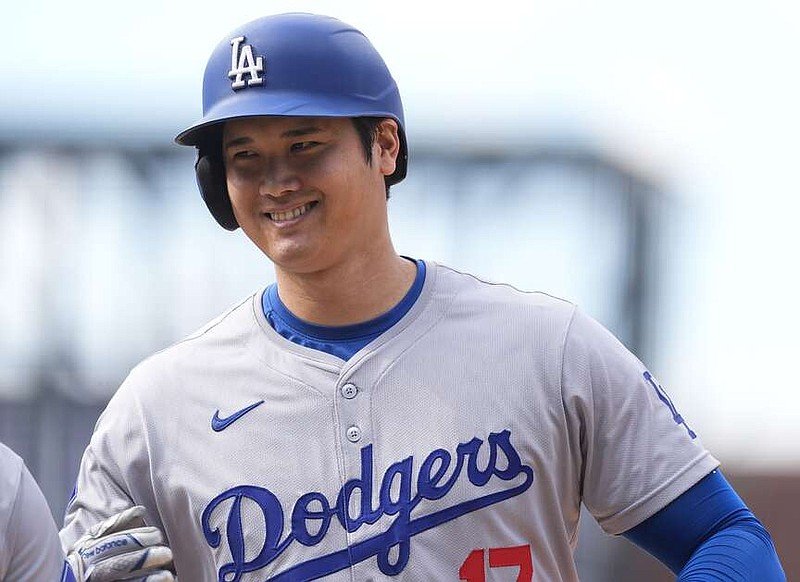The idea of a $1 billion contract in Major League Baseball (MLB) is becoming more realistic, but several factors suggest that such a deal might not materialize in the immediate future. This year’s offseason has already seen historic contracts, such as Juan Soto’s $765 million, 15-year agreement with the New York Mets and Shohei Ohtani’s $700 million deal with the Los Angeles Dodgers last year. These contracts are considered among the largest in professional sports history, and while the prospect of a billion-dollar contract is intriguing, there are reasons to believe that these deals are outliers in the baseball world.
Shohei Ohtani, a once-in-a-lifetime two-way player, has an incredibly unique skill set that greatly enhanced his market value. As one of the best pitchers and hitters in MLB history, Ohtani has the potential to transform any team. His international appeal, especially in Japan, also adds significant value to his contracts, attracting a large fanbase and creating additional revenue streams for teams. Ohtani’s unparalleled talents and global popularity made his $700 million deal with the Dodgers possible, setting a new benchmark in the sport.
Similarly, Juan Soto’s contract also resulted from unique circumstances. Soto, a four-time All-Star, was able to reach free agency at the remarkably young age of 26, a rare feat in modern baseball. This early free agency timeline is due to Soto’s early debut in the majors, a situation few players experience. While most MLB players debut in their early 20s, Soto’s early arrival on the scene at just 19 years old allowed him to test the open market sooner than most. His contract reflects the rarity of such a player in free agency, but this is also a situation that can’t be replicated often.
The typical trajectory for most MLB players is to enter free agency in their late 20s or early 30s. This means that, while Soto’s contract is groundbreaking, it’s unlikely many players will be in a position to replicate such a deal anytime soon. For example, Aaron Judge, another highly regarded player, didn’t hit the free agent market until he was 30, which is considerably older than Soto when he signed his deal. Judge’s contract, a nine-year, $360 million deal with the Yankees, might seem modest compared to Soto’s or Ohtani’s deal, but it is still one of the richest in MLB history.
Furthermore, MLB teams are increasingly focused on locking up young talent early in their careers. Many rising stars are now signing long-term deals before they even reach free agency, effectively preventing them from hitting the market in their prime. For instance, Fernando Tatis Jr. signed a 14-year, $340 million deal with San Diego, while players like Bobby Witt Jr. and Julio Rodriguez have also secured huge contracts in their early 20s. This trend is making it less likely for young players to reach free agency at a point where they can command the kinds of astronomical deals seen with Soto or Ohtani.
While there may be a few exceptions, like Toronto’s Vladimir Guerrero Jr., who will be a free agent next offseason, it seems unlikely that players will have the opportunity to test free agency at such a young age in the future. Guerrero, with his potential for a standout 2025 season, could challenge Soto’s $765 million deal, but such cases remain rare.
In the broader context of professional sports, it took over a decade for another player to match the record $252 million deal signed by Alex Rodriguez in 2001. Only after a lengthy period did deals like Albert Pujols’ $240 million contract come close. As such, a $1 billion deal would represent an unprecedented leap from these already staggering figures.
A crucial element of baseball contracts is the ability of players to negotiate deals based on the market and their unique talents. However, Soto’s willingness to turn down a $440 million offer from the Washington Nationals in 2022, betting that he could earn more as a free agent, highlights the rarity of players who can afford to take such risks. This audacity and belief in his market value ultimately led to his $765 million deal, but this type of situation is not something that will be replicated often.
As much as baseball contracts are becoming more lucrative, passing the $1 billion threshold still seems unlikely in the near term. The sport is increasingly trending toward long-term, early extensions for young players, which limits the pool of players who will even reach free agency. So while the idea of a $1 billion contract might generate headlines, the reality is that such deals are likely to remain the exception rather than the rule. For now, players like Soto and Ohtani will remain the benchmarks, but it will take extraordinary circumstances to push the industry into uncharted financial territory.
